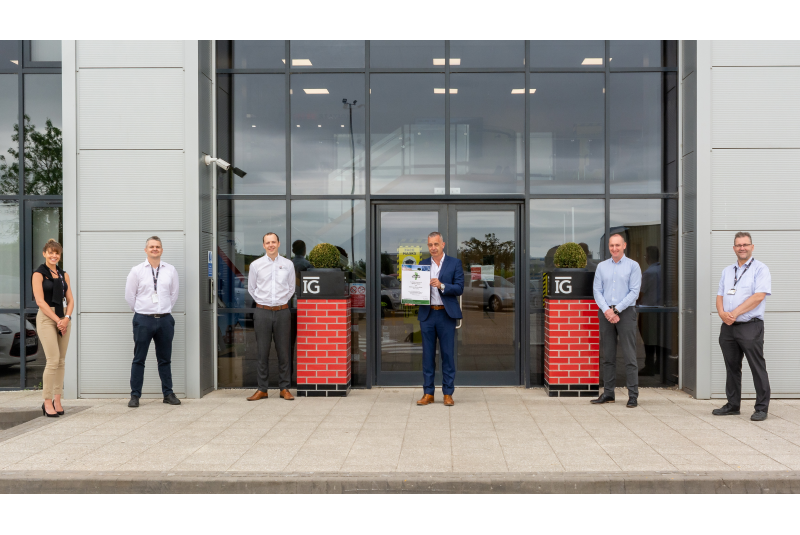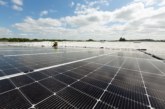
IG Masonry Support is the first masonry support manufacturer to achieve carbon neutral status and is on its way to becoming a net zero energy company; the latest stage in IG Masonry Support’s sustainability journey.
The company’s achievement feeds into the wider Keystone Group’s commitment to becoming increasingly environmentally responsible and sustainable organisations, through the reduction of carbon emissions.
Speaking of IG Masonry Support’s latest achievement Andy Neal, IG Masonry Support Managing Director said: “We take our environmental responsibility seriously and are making the necessary changes within our business practices to become a net carbon zero company. I am proud that we have now achieved carbon neutral status and are the first masonry support manufacturer in the UK to reach this goal. It is testament to our team’s passion and commitment to operating a sustainable business and to delivering sustainable products and solutions to our marketplace.”
Amidst many initiatives implemented by IG Masonry Support, such as switching to a 100% renewable energy tariff, the company is continuing to proactively reduce its carbon footprint alongside SBTi (Science Based Targets Initiative) methodology. This methodology drives ambitious climate action in the private sector by enabling companies to set science-based emissions reduction targets. For IG Masonry Support, identifying Scope 1, 2 and 3 emissions provided clarity of the environmental impact across all operations and raised opportunities for carbon reductions.
As the company sees its emissions plummet following the SBTi, IG Masonry Support is on track to achieving the 1.5 degree Paris Agreement target, tackling climate change on a global scale.
Going forward, IG Masonry Support will continue to address all areas for improvement with a sustainably-focussed supply chain, helping to source its responsible future. IG Masonry Support pledges to develop products that provide environmentally significant solutions to its customers and end users, amongst other goals including a conversion to 100% electric fleet by 2025.
It will also develop Environmental Product Declarations (EPDs) for its product portfolio, providing transparent and comparable information about the life-cycle environmental impact of its products. Doing so will empower the business and its people to make and adhere to the changes that are needed to reduce impact on the environment.









